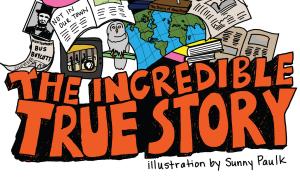the moment
Is Your Collection Complete? What The Little Mermaid Can Teach Us About Class Libraries & Curricula
As fans celebrate the announcement that the newest live-action Disney film will feature a black actor in the lead role, we are yet again reminded of the importance of representation. This summer, we hope you’ll reflect on your own practice and check out these resources to ensure all students are reflected in your classroom and curriculum.
- Picture Imperfect
- Window or Mirror?
- Discovering My Identity



